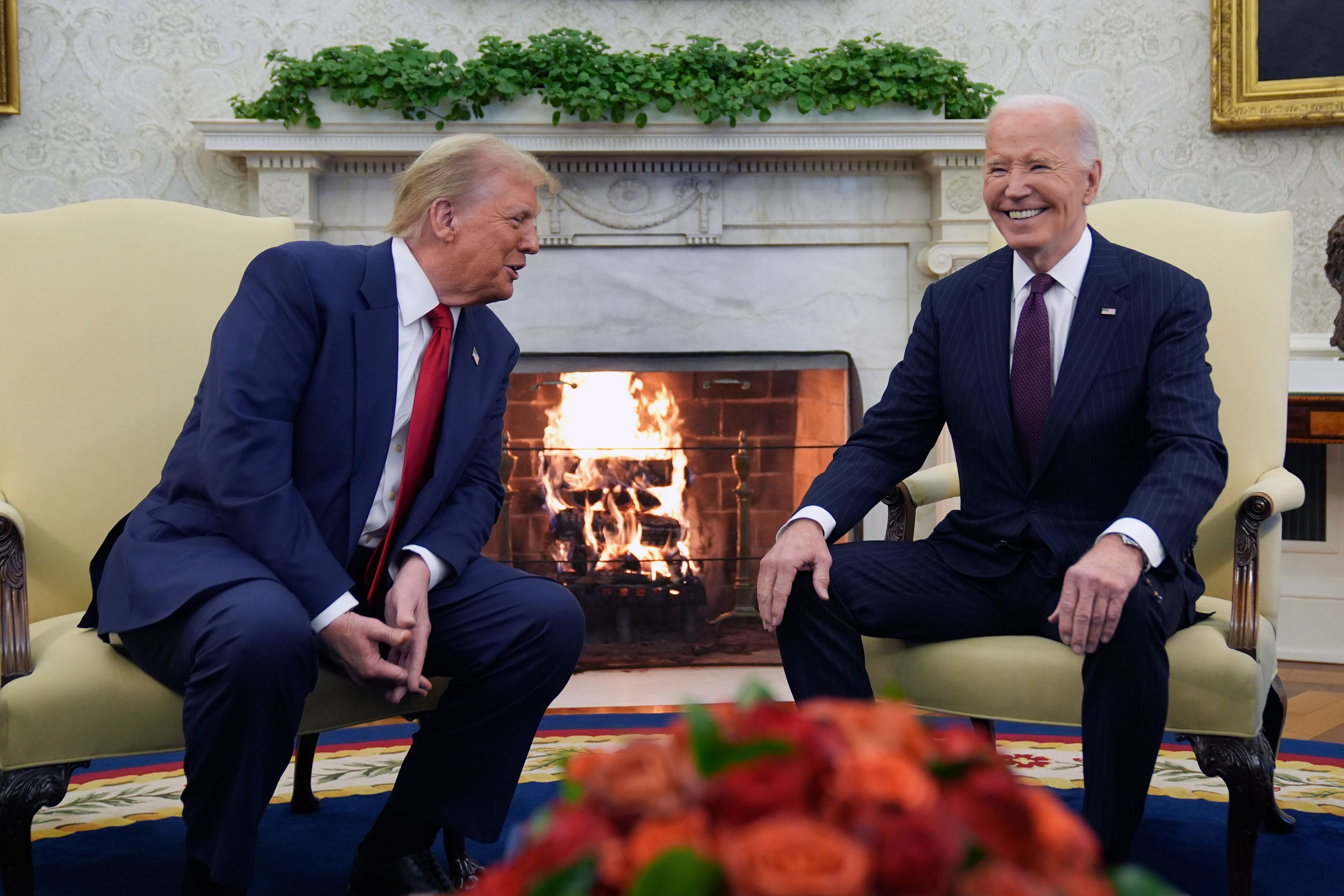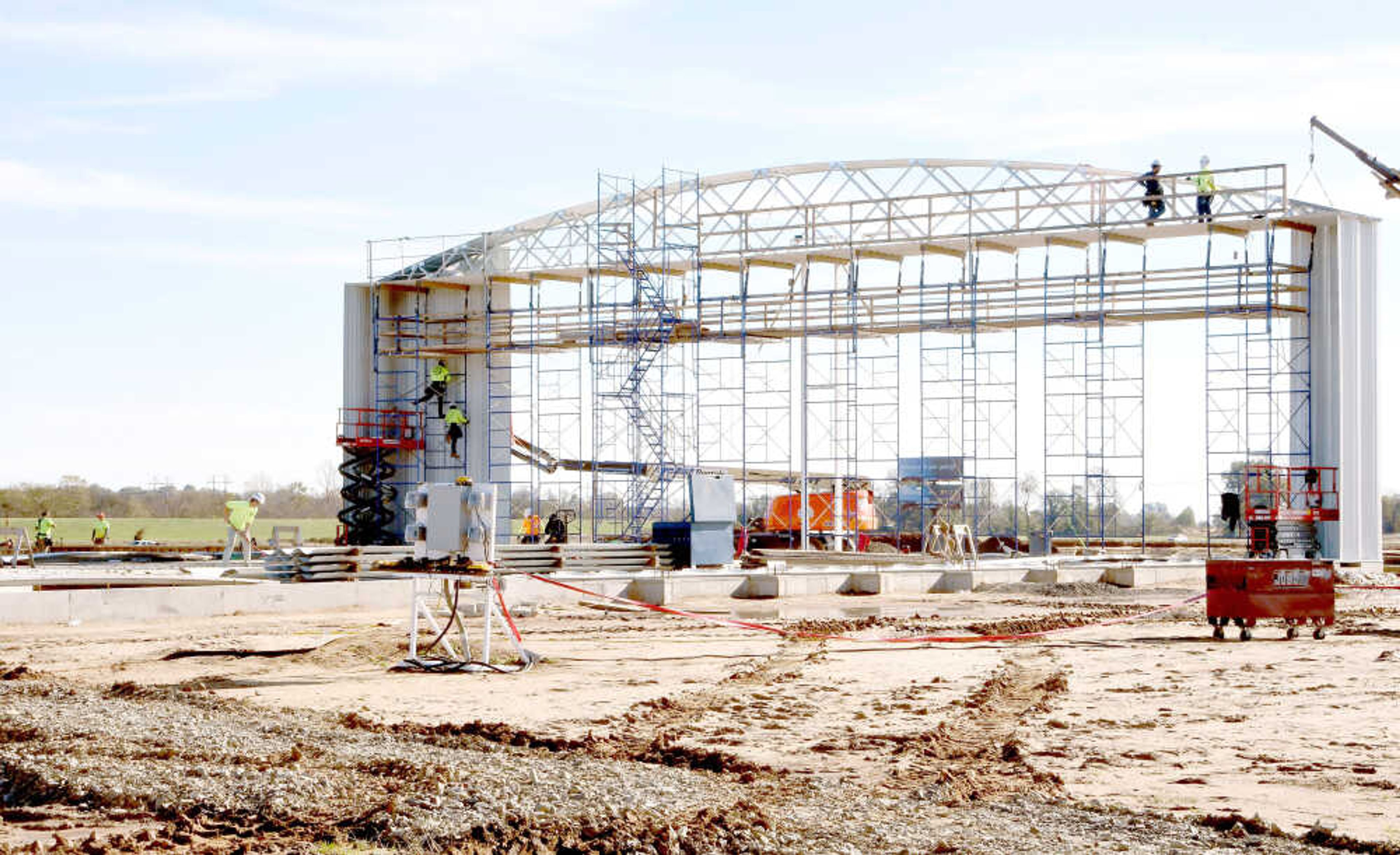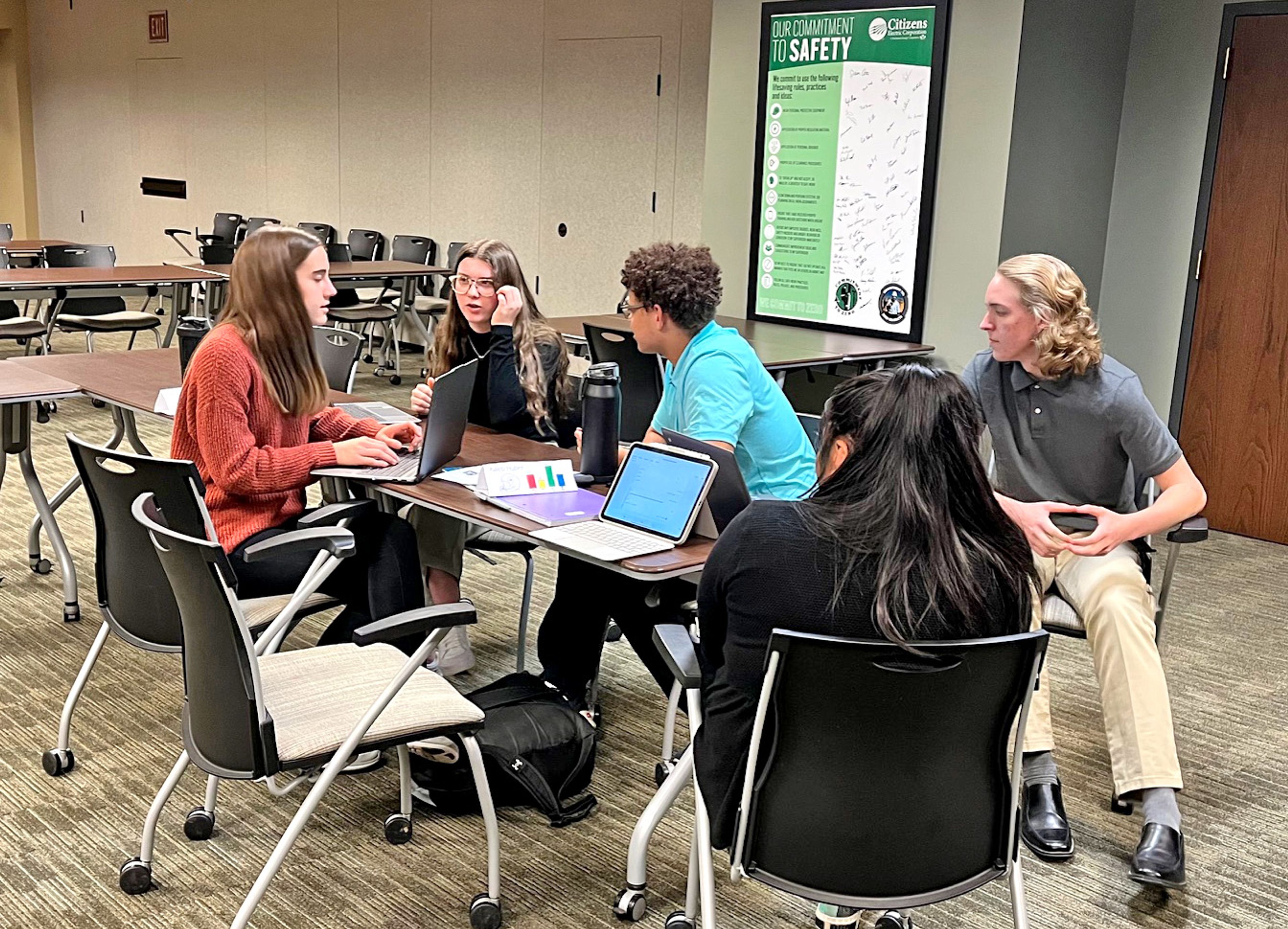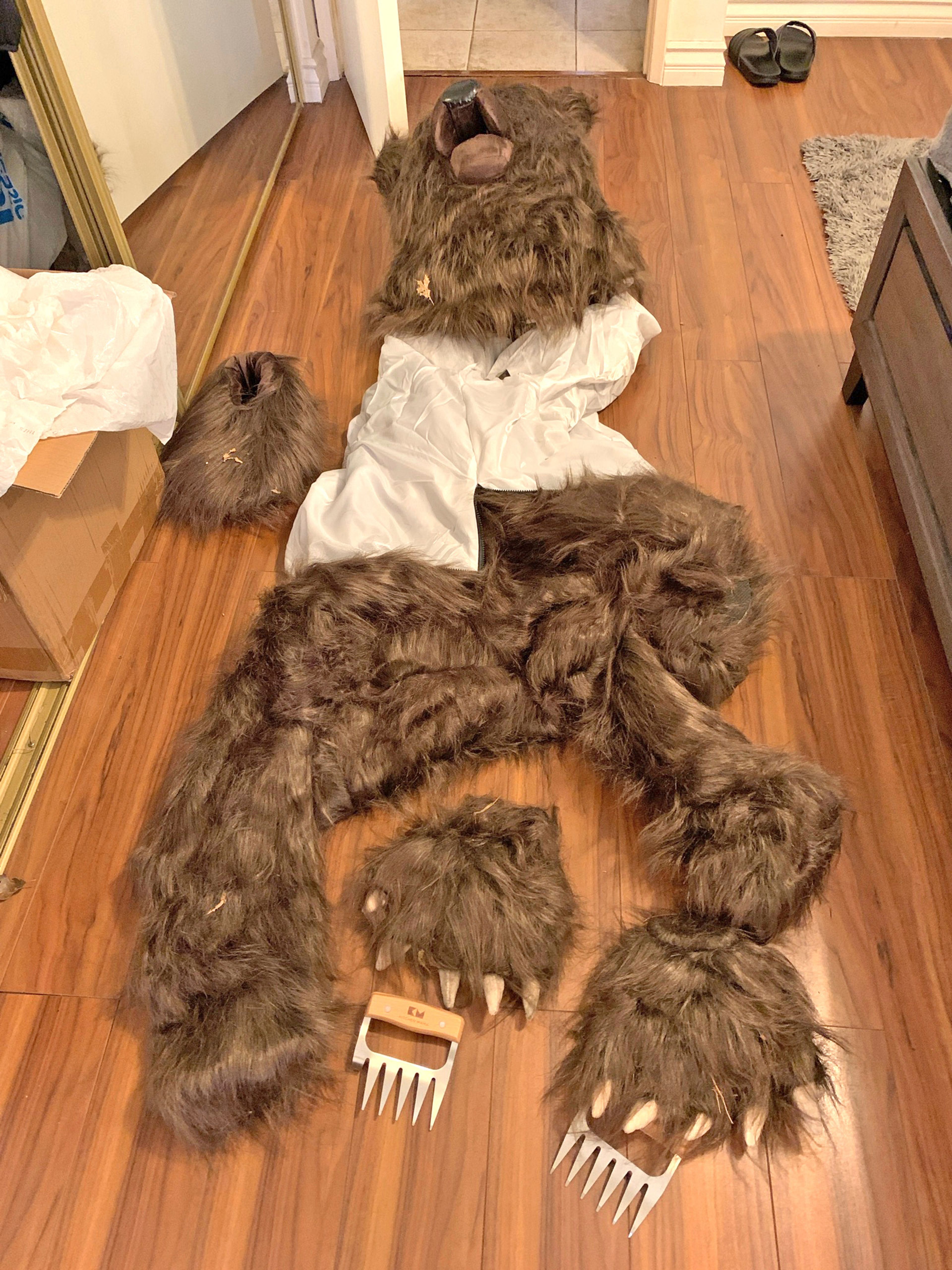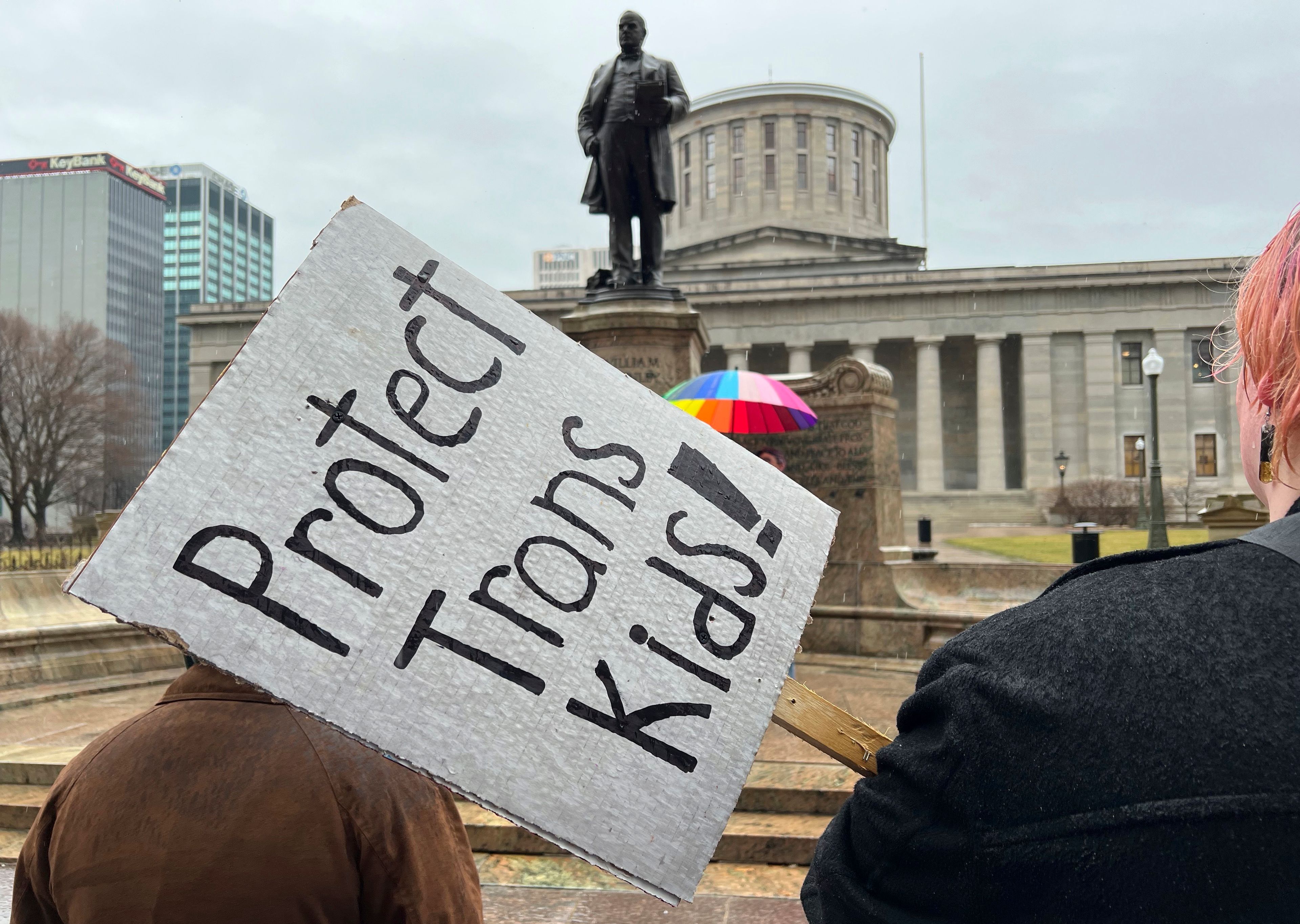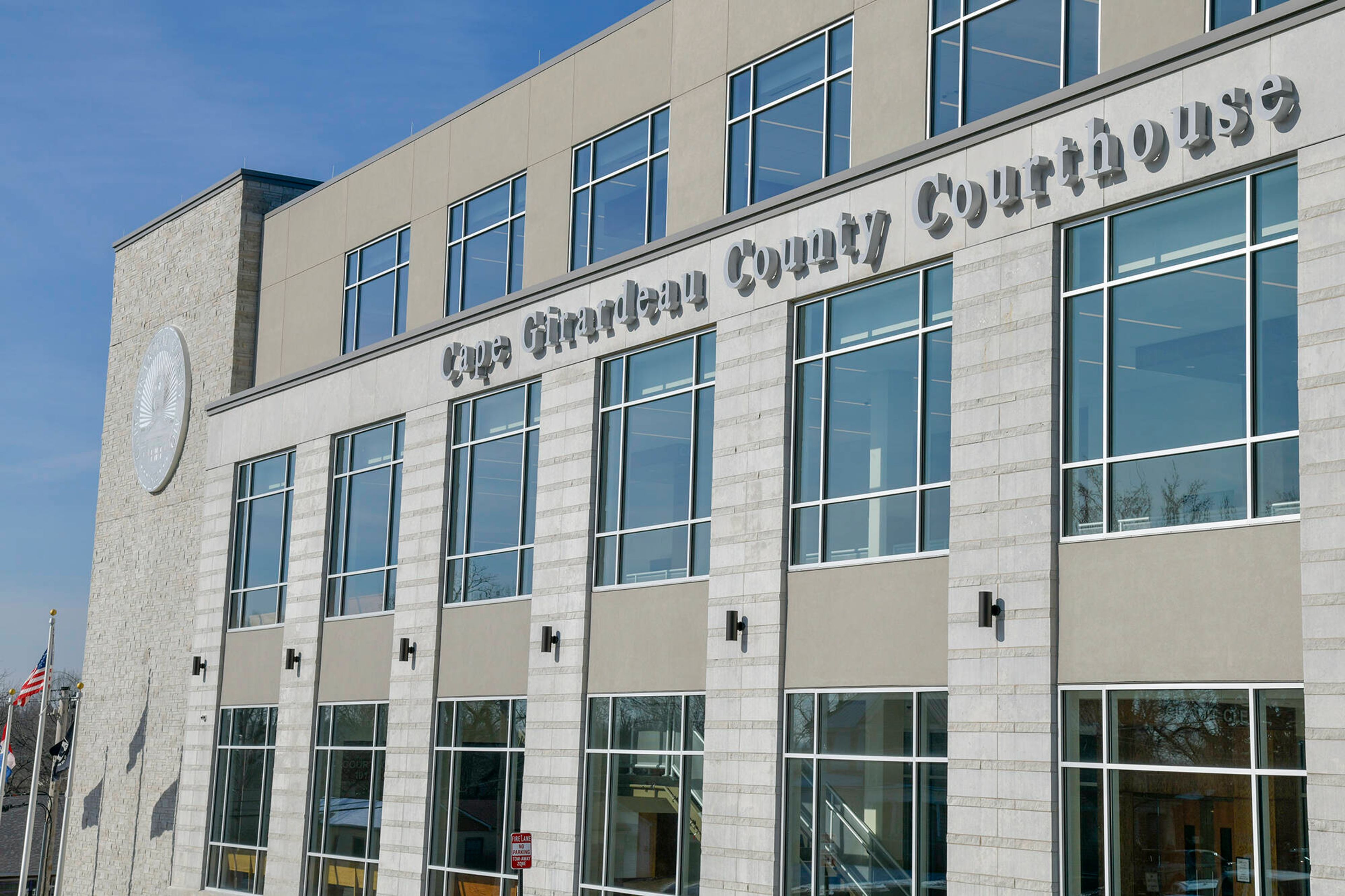Southeast Missouri agriculture facility gets large state grant for startup costs
GRAYRIDGE, Mo. -- A planned Stoddard County agriculture facility is among 10 operations in the state to be awarded project funding to assist them in converting their agriculture commodities and by-products into more valuable end products. Stoddard County Oilseed Crushing in Grayridge has been awarded $159,500 for a business plan, financials, facility design and prospectus development and distribution for a biodiesel crush facility...
GRAYRIDGE, Mo. -- A planned Stoddard County agriculture facility is among 10 operations in the state to be awarded funding to assist them in converting their agriculture commodities and byproducts into more valuable end products.
Stoddard County Oilseed Crushing in Grayridge has been awarded $159,500 for a business plan, financials, facility design and prospectus development and distribution for a biodiesel crush facility.
The facility is still in the planning stages, according to spokesman and partner, Danny Talkington from the Grayridge area, one of four area farmers involved in the new venture.
"This is something that has been in the works for about a year and a half," Talkington said following Thursday's announcement by the Missouri Agricultural and Small Business Authority.
The group awarded the value-added grants to foster new enterprises that will aid rural economic development. The grants are funded by the sale of tax credits and can be used for business planning purposes, such as feasibility studies, marketing plans, business plans and legal assistance.
Talkington, Jerry Bagby, Harlan Guethle, and Allen Rowland make up the panel involved in the project, which is expected to be in operation in late 2011 or early 2012.
The facility, says Talkington, will function as a crushing operation primarily using soybeans, the by-product of which is oil and soymeal.
"The primary by-product of the operation is oil that can be used in biodiesel production," Talkington explained.
Two major potential customers of the planned operation would be the local biodiesel operation, Global Fuels, along with a similar plant in operation at Lilbourn, ME Bio Energy.
"We're still very much in the early stages," said Talkington. "We're lining up potential customers and the next level will be working on the prospectus and fundraising and then the actual facility construction."
An exact location for the processing plant has yet to be determined.
"It is important that our producers continue to look for ways to add value to Missouri's agricultural commodities," said Director of Agriculture Dr. Jon Hagler. "These value-added grants provide initial funding to assist Missouri producers in determining the feasibility of their projects and hopefully pave the way to adding more opportunities to their farm operations."
The maximum grant amount is $200,000, and the recipient is required to provide a 10 percent cash match toward the eligible expenses. The Stoddard County operation was awarded the second largest sum in grant money. Additional grants were awarded to:
* Missouri Corn Stover Producers, of Leonard -- ($105,270) - For feasibility and marketing study and business plan to establish a farmer-owned corn stover business for the purpose of power generation.
* Erickson Farms Processing Plant, of Tarkio -- ($198,000) - For feasibility and marketing study of the production capabilities and work plan for a white corn processing plant.
* Scaggs Rock-N-Lime, of Patterson -- ($33,000) - For feasibility and marketing study and business plan for bulk and retail distribution of red lime.
* Romine Beef Products, LLC, of Centralia -- ($27,500) - For feasibility study and business plan for an anaerobic manure digestion system.
* FAST Foundation, of Columbia -- ($199,375) - For feasibility study and marketing plan on supplying pork and beef exports through the Midwest China Hub.
* MoCARB Biomass Group, of Hallsville -- ($93,500) - For a supply, technical and demand feasibility study to assess current and potential supply of biomass to service a Boone County regional facility.
* Missouri Biomass Farmer Supply Chain Consortium, of Parma -- ($143,000) - For preparation of a list of candidate biomass crops, a comparison system and a business model to develop a producer-owned biomass company.
* America Soy Asia Steering Committee, of Garden City, Mo. -- ($115,500) - For a feasibility study, marketing study and business plan focusing on marketing soy proteins into selected Asian countries.
* Central Missouri Biomass Steering Committee, of Hermann, Mo. -- ($67,320) - For technical and financial viability study of using alternative biomass feedstocks to produce electricity.
For more information about MASBDA and its programs, contact the Missouri Department of Agriculture or visit mo.gov.
Connect with the Southeast Missourian Newsroom:
For corrections to this story or other insights for the editor, click here. To submit a letter to the editor, click here. To learn about the Southeast Missourian’s AI Policy, click here.

